The field of Democratic candidates for lieutenant governor is packed, with six hopefuls who hail from Hampton Roads, the Richmond area and Northern Virginia.
None of the Democratic candidates are native to the Southwest or Southside regions, though many claim a connection. Cardinal News asked them some region-specific questions to get an idea of how they plan to serve our readership if elected.
Alex Bastani, a union leader and attorney from Northern Virginia; state Sen. Ghazala Hashmi, D-Chesterfield County; Dr. Babur Lateef, a physician and chair of the Prince William County School Board; state Sen. Aaron Rouse, D-Virginia Beach; Victor Salgado, a former federal prosecutor in the U.S. Department of Justice; and former Richmond Mayor Levar Stoney are seeking the Democratic nomination.
The winner of the June 17 primary election will go on to face the Republican nominee for lieutenant governor, John Reid, a former conservative talk radio host based in Richmond.
The Democratic candidates’ responses to questions posed by Cardinal News are listed in alphabetical order.
You can find their answers to other questions on our Voter Guide. (We also have Q&As with the two candidates for the Democratic nomination for attorney general on our Voter Guide, as well as most of the House of Delegates primary candidates across the state, plus about half the local candidates involved in primary races in the western part of the state.)
Salgado’s campaign did not provide a written response.
How far west have you traveled in Virginia, and can you please share a little bit about that experience and how it would affect the way you serve in statewide office if elected?
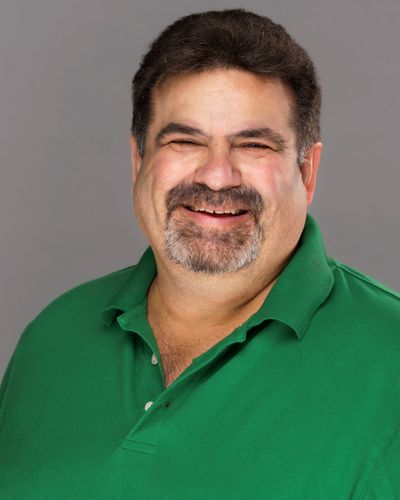
Bastani: I have traveled all across far west Virginia including Radford, and Russell County a couple of weekends ago; heading to Martinsville and Danville this upcoming weekend and will be traveling all across the 6th and 9th Congressional districts with my field directors for this region during the final weekend of the campaign.
My focus from the very beginning of my primary campaign is to fight for the people in the five red Republican Congressional Districts as I agree with [U.S. Sen. Bernie Sanders, I-Vt.,] that our party has abandoned the working class over the past 40 years. That is why I am running on a progressive economic platform in the spirit of the New Deal and the Great Society that brought rural America into the 20th century. We must also double our efforts on rural broadband to bring rural Virginia into the 21st century.
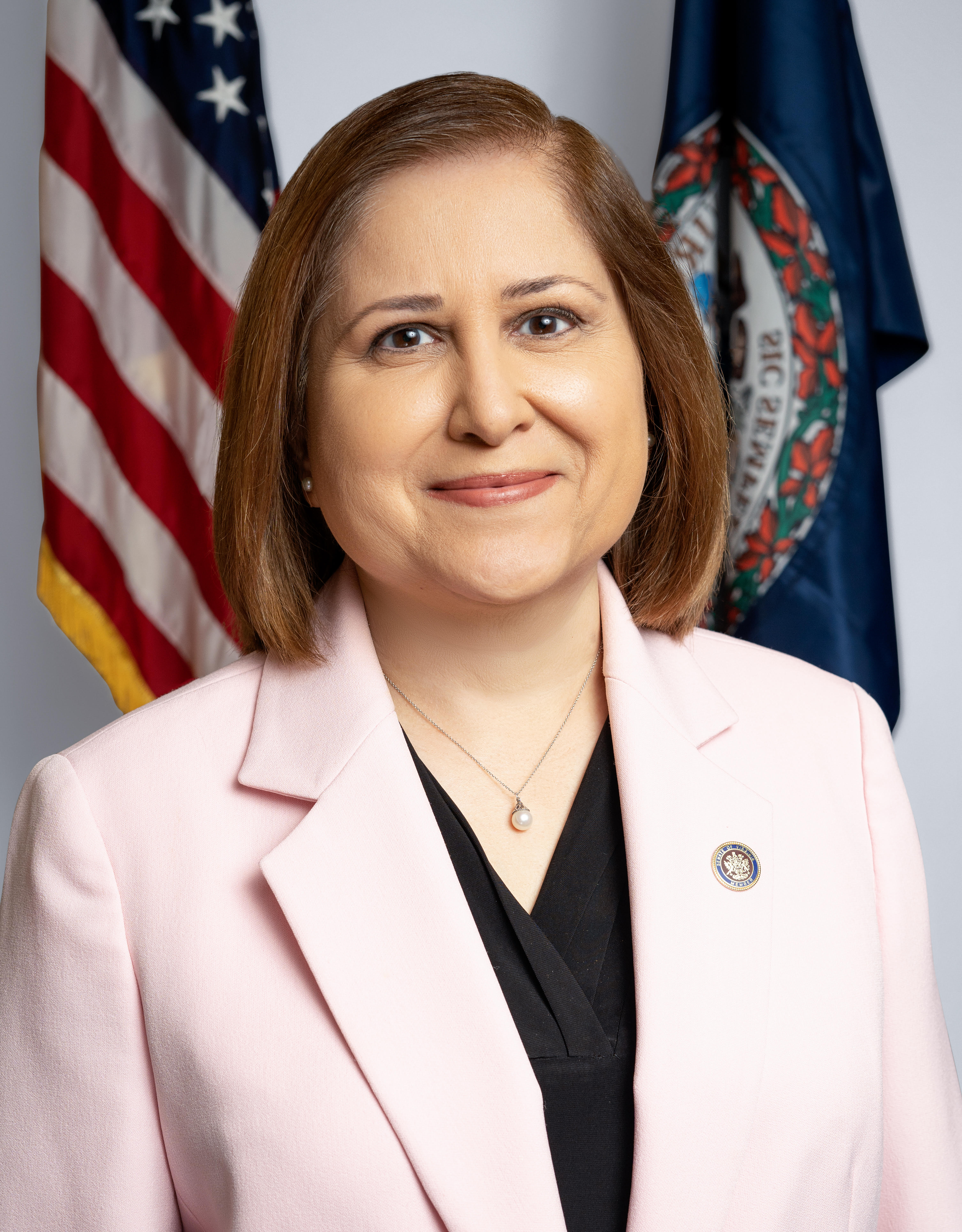
Hashmi: On the campaign trail this past year, I have visited Bedford, Roanoke and Floyd. In previous years and as an administrator and faculty member of Virginia’s community colleges, I have visited Scott, Washington and Tazewell.
The many opportunities to speak with the residents, students, colleagues and leaders of these localities has been invaluable. The concerns of western and rural communities in Virginia are significantly exacerbated by declines in population, healthcare and pharmacy deserts, lack of broadband access, challenges facing education systems, and insufficient opportunities for economic development.
I am keenly aware of these challenges: As a six-year member of the Broadband Advisory Council, I have worked with council members to expedite and fund broadband expansion. As Chair of the Senate Committee on Education and Health, I have supported and carried legislation myself to fund rural schools, address healthcare and pharmacy concerns in underserved communities, provide options for telehealth and remote patient monitoring, expand internship opportunities for rural areas within emerging fields such as solar technologies, and support options for remote state jobs.
As lieutenant governor, I will be present in these communities, holding listening sessions, speaking with local leaders in education, healthcare, business, farming, forestry, and tourism. I will support economic development projects that bring good jobs and attract talent to our rural communities.
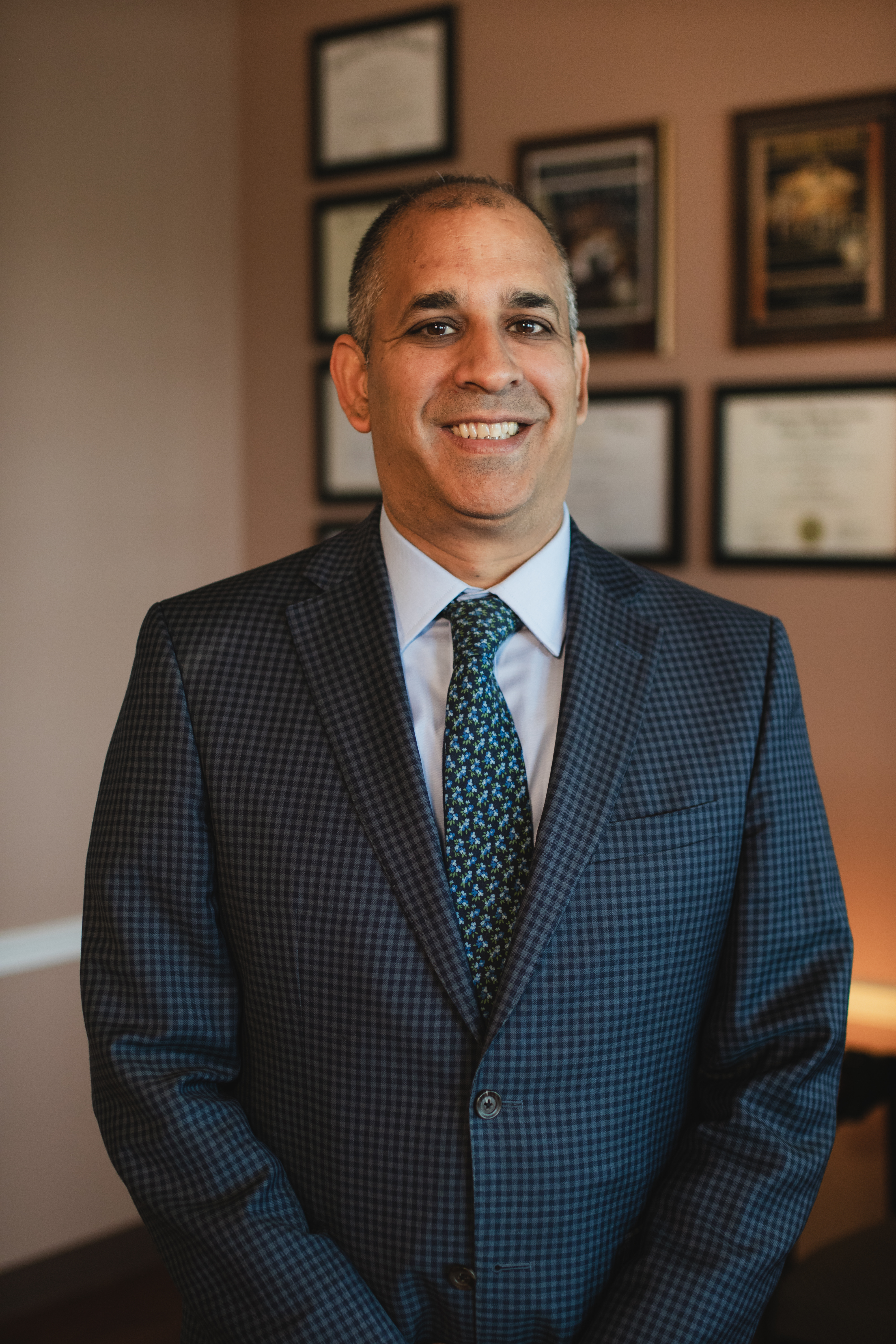
Lateef: In Wise County, I worked in my capacity as a former member of the University of Virginia Board of Visitors and chair of its health system board. Together, we focused on expanding educational opportunities in Southwest Virginia through the UVA Wise campus.
That experience shaped my commitment to ensuring that every part of Virginia, no matter how rural or remote, has access to the resources and opportunities they need to access quality healthcare and education and secure a good paying job. It’s a perspective I will carry into statewide office as we make sure voices from all regions are heard and reflected in our policies.
In my campaign for lieutenant governor, I’ve made it a priority to hear from residents in every corner of the commonwealth.
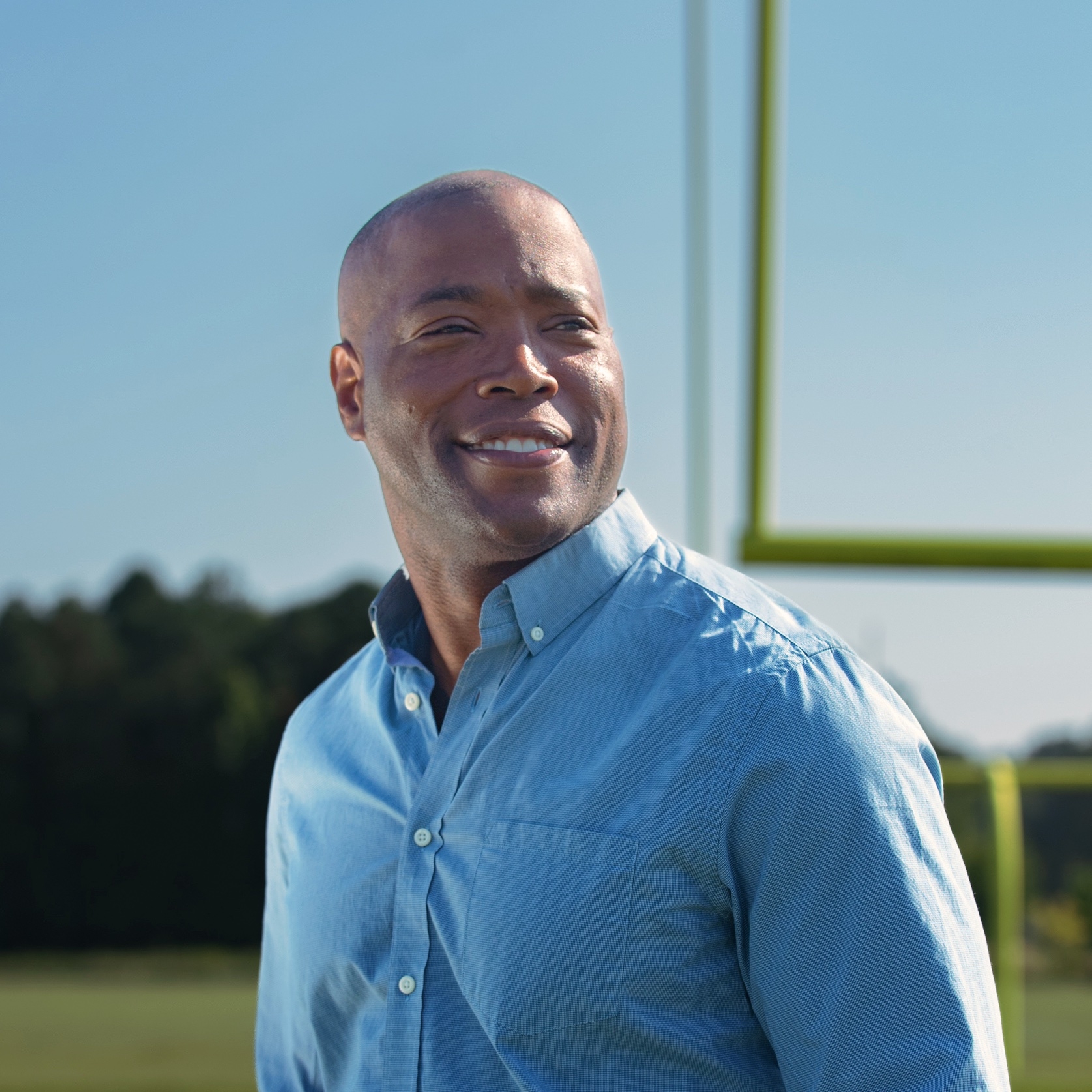
Rouse: My journey started as a student athlete at Virginia Tech, where I didn’t just suit up on Saturdays, but I also faced some of life’s toughest challenges: raising my son while being a full time student, caring for my brother, and staying focused on making it to the next level. Blacksburg became my second home, and Southwest Virginia helped shape me into the man I am today. It taught me the strength of community, the value of resilience, and the importance of fighting for what’s right, every single down.
Since launching our campaign, I’ve spent meaningful time in Southwest and Southside Virginia, traveling to Bristol, Abingdon, Floyd County, Martinsville, Montgomery County, Roanoke, Salem, Henry County and Danville. I’ve logged more miles than any other candidate in this race because I believe leadership means showing up, doing the work on the ground and being in our communities.
That same mindset is what guides me today. I’m the only candidate in this race with both local and state level experience, and I know how to lead by bringing people together. Just like in football, public service isn’t about individual glory but about making sure the whole team moves forward, that no one is left behind, and that every voice is heard and respected.
As lieutenant governor, I’ll keep showing up, keep listening, and keep delivering because that’s what it takes to win for Virginia.
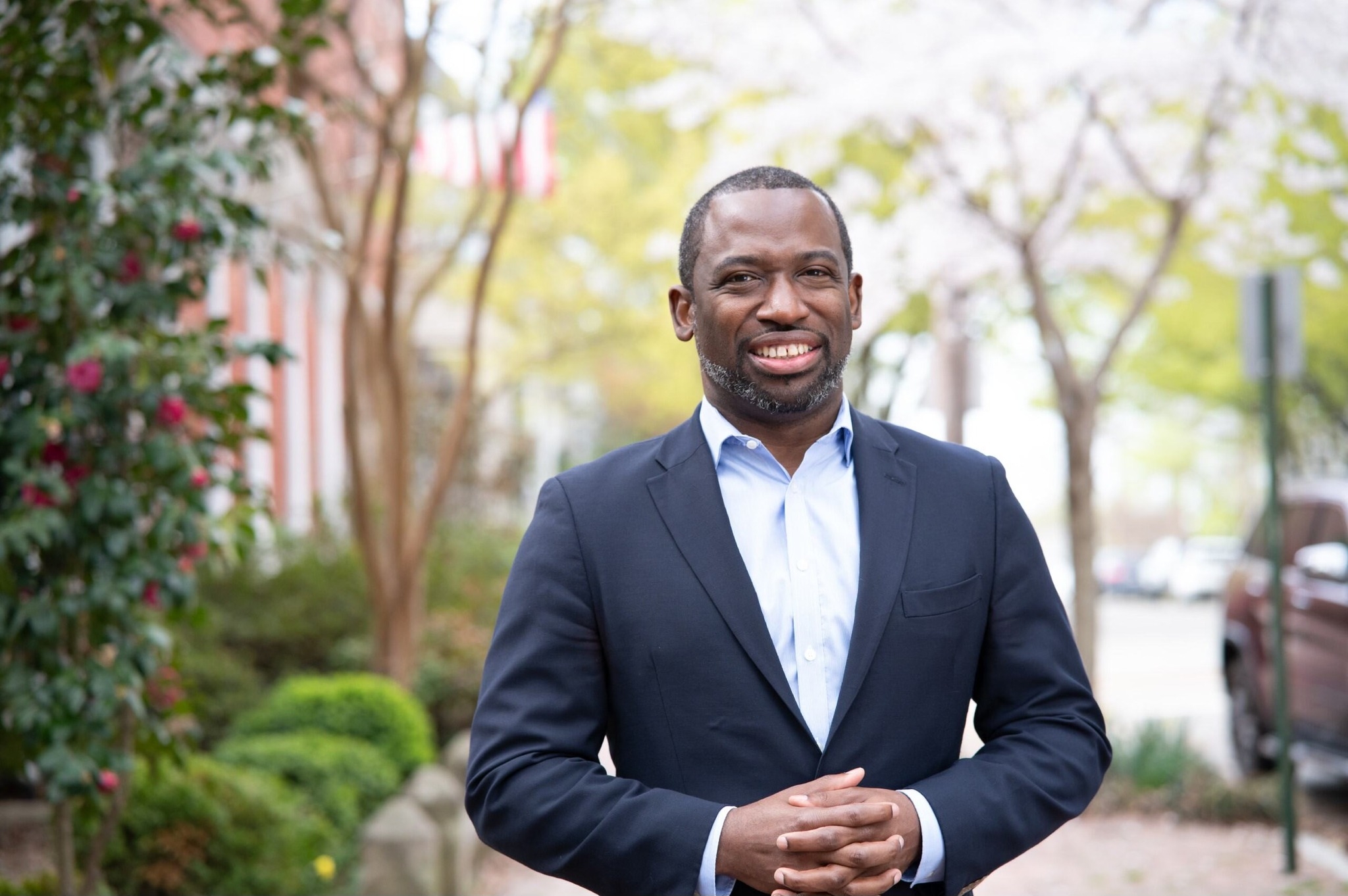
Stoney: I’m no “Johnny-come-lately” when it comes to supporting communities in Southwest and Southside Virginia. In my early 20s, I led party-building efforts for the Democratic Party of Virginia as political director and later as executive director, regularly traveling to far Southwest Virginia to meet with party and community leaders. As a senior advisor to Terry McAuliffe before he became governor, I joined him on frequent trips to the region. My farthest-west visit was to Norton and Wise County, including a tour of Paramount Coal Company Deep Mine #35 in Coeburn.
During this campaign, I’ve been back to Bristol, Abingdon and Danville because Democrats can’t treat everything west of Short Pump like an afterthought. We have to show up, stay present, and earn trust.
What I’ve seen is clear: we’re not as divided as some want us to believe. Families here want what every Virginian wants: a fair shot. As lieutenant governor, I’ll stay focused on what matters most: keeping a roof over your head, food on the table, and the opportunity to live a good life, a life free of constant struggle. That’s how we build a commonwealth that works for all of us.
Southwest Virginia has been hit repeatedly by devastating floods and other weather-related disasters. How would you support communities in their efforts to rebuild after Helene and the February floods in the General Assembly, and how would you work to ensure these communities remain resilient in the face of future disasters?
Bastani: I was inspired by the Western Virginia Coalition of Labor Union Women at their event in Radford where they celebrated union organizers who fought and defeated an out of state billionaire who wanted to use the memorial to the historic Pittston Strike as the largest dumping ground in the United States.
I will use my bully pulpit as [lieutenant governor] to build a coalition with these community organizers and generate publicity to place the devastation of weather-related disasters particularly in rural Virginia at the top of the agenda for both the Virginia legislature and the governor.
Hashmi: Rebuilding and building resiliency require a multi-pronged approach. As lieutenant governor, I will work closely with local leaders, state agencies, and federal partners to ensure that resources are delivered efficiently to the communities most affected by Helene and the February floods.
Over the past six years in the Virginia Senate, I have supported efforts such as the Resilient Virginia Revolving Loan Fund to provide loans and grants for flood resilience projects, including residential upgrades, buyouts, and relocation assistance, as well as the Community Flood Preparedness Fund to support localities in developing and implementing flood resilience plans. In 2021, I passed the Onsite Sewage Indemnification Fund to provide assistance in upgrading degraded septic systems that could be critically damaged by flooding and present widespread public health hazards. I supported the establishment of the Office of Commonwealth Resilience, a chief resilience officer, and a Virginia Flood Resilience Advisory Committee to coordinate resilience efforts.
Further, I will ensure that Virginia rejoins the interstate compact for the Regional Greenhouse Gas Initiative (RGGI). By law, 45% of RGGI proceeds are designed to help localities prepare for and prevent flooding and 50% of these funds are directed to helping low-income families lower their energy bills by upgrading appliances and heating/cooling systems. Efforts such as these, especially those that ensure effective coordination between state and local leaders, help us to better and more expeditiously respond to natural disasters that are now further exacerbated by climate change.
Lateef: As a candidate for lieutenant governor, I’ve had the privilege of traveling across Virginia and seeing firsthand the resilience and determination of our communities in Southwest Virginia. It is truly inspiring. But resilience shouldn’t have to mean facing repeated floods, devastation, and slow recovery without strong state support.
As lieutenant governor, I will fight to ensure that Southwest Virginia gets the resources it needs to rebuild after disasters like Hurricane Helene and the February floods. That means pushing for robust, targeted state aid, ensuring funds flow directly to local governments, small businesses and families, and cutting through red tape so recovery efforts move quickly and effectively. But we cannot stop at rebuilding — we must make sure these communities are stronger and have the resources needed to handle inclement weather for the future. That means investing in modern infrastructure, improving flood management systems, supporting climate resilience initiatives and working closely with local leaders who know their communities’ needs best.
I will be a tireless advocate for all Virginians, especially the vulnerable communities most affected by these disasters. Whether it’s standing up to federal inaction or ensuring our state government is responsive and effective, I am committed to making sure no region is left behind, and that every corner of the commonwealth has the tools to recover, rebuild and thrive.
Rouse: I’ve seen the devastation with my own eyes. I visited Damascus after Hurricane Helene and witnessed the impact on families, businesses and infrastructure. Homes were washed out, roads were destroyed and communities had been turned upside down overnight. That kind of loss stays with you.
That’s why I was proud to see recovery efforts moving ahead of schedule, with Route 58 in Damascus reopening this month, a major step forward for the region. But we can’t stop there. We have to stop President [Donald] Trump’s efforts to eliminate or slow disaster recovery funds our communities desperately need as they look to rebuild.
As lieutenant governor, I’ll be a tireless advocate for Southwest Virginia in both disaster recovery and long term resilience. I’ll fight for increased state investment in rebuilding critical infrastructure such as roads, bridges, broadband and emergency services. I’ll push for streamlined disaster aid to ensure that local governments and residents aren’t left waiting in red tape while trying to rebuild their lives.
I’ll also work to strengthen Virginia’s climate resilience strategy, focusing on rural and mountainous areas that are increasingly vulnerable to flooding and extreme weather. That means advocating for smart infrastructure improvements, land-use planning that reduces risk, and resources for flood mitigation projects that protect homes before disaster strikes.
And most importantly, I’ll be a partner. As the only candidate in this race with effective local and state elected experience, I understand the importance of collaborating with local leaders, not just during a crisis but every step of the way. We can’t just respond to disasters, we have to prepare for them and build stronger, more resilient communities for the future.
Stoney: The Trump administration appears poised to deny FEMA [Federal Emergency Management Agency] individual assistance to Virginians hit by recent floods. If that happens, Southwest Virginia will be left to fend for itself unless the state steps up. As lieutenant governor, I will fight to make sure it does.
We cannot leave families and communities to rebuild on their own. I will push the General Assembly to deliver real resources, not red tape. That means working with agencies like VDEM [Virginia Department of Emergency Management], VDACS [Virginia Department of Agriculture and Consumer Services] and the VEC [Virginia Employment Commission] to move fast, stay focused and support these communities for the long haul.
As mayor of Richmond, I worked with state and federal partners to secure resiliency grants that protected flood-prone neighborhoods. I know how to cut through bureaucracy and deliver results, and I will bring that executive experience to bear for Southwest Virginia. Because when disaster strikes, no Virginian should be left behind.
What ideas do you have to bring economic prosperity back to the region that has been devastated for years by a decrease in coal demand?
Bastani: As Democrats we must reject the 40-year supply-side lie that regional prosperity comes from out of state corporations. We must unleash working rural Virginians from the burden of medical and student debt so they can invest in their future creating a demand for goods and services. We will harness the engine of the next generation to build homes, small businesses and families by investing in the people and not granting tax breaks to billionaires.
Hashmi: Having grown up in a rural community in Georgia, I’ve seen the challenges so many of our rural regions are facing. We need to make comprehensive investments in these communities, including in education, child care, opportunities for small businesses and incentives for larger companies to locate in these regions. One of the jobs of the lieutenant governor is to serve on the board of the Center for Rural Virginia, and I will engage in that role to support economic development within rural communities.
Virginia must focus on the development of a workforce that is ready for modern manufacturing and emerging technology industries. Community college partnerships with institutions such as Southwest Virginia Community College help us to expand vocational programs and credentials in computer science, agriculture and forestry sciences, and more. Additionally, apprenticeship programs, developed in collaboration with local employers, help us to structure apprenticeship tracks that can scale in key industries. I will also work to attract remote work-friendly industries and move to re-instate remote work options for state employees. Our rural communities have much to offer, including affordable housing and outdoor recreation, that are attractive to young families. Supporting new economic development opportunities, cultivation of workforce talent, and remote work availability help to provide more jobs and expand local economies in rural communities.
Lateef: I firmly believe that education is the foundation of economic prosperity. In Prince William County, where I serve as school board chair, we recognized early on that investing in our people — especially through education and workforce development — is key to long-term success. We’ve worked hard to ensure our teachers are paid what they deserve, because we know the single most important factor in student success is the quality of the educator in the room. I’ll work to scale that success up statewide. I’ll also work to provide immediate tax relief to families by repealing the regressive “Car Tax” that puts undue burden on working families across the commonwealth.
For Southwest and Southside Virginia, we need a similar commitment to investing in people and preparing them for the jobs of today and tomorrow. That means strengthening career and technical education programs, expanding job training, and creating more apprenticeship opportunities to give young people and workers the skills they need to step into good-paying jobs.
Healthcare is another critical area. During my time at the University of Virginia, we paid our nurses the highest wages in the state because healthcare workers aren’t just essential; they’re economic drivers. In Southwest Virginia, we need to expand resources for hospitals, mental health services, and rural healthcare access. These are good-paying jobs that also meet urgent community needs.
As lieutenant governor, I’ll work to bring state investment, educational opportunity, and healthcare expansion to Southwest and Southside, helping these regions build a strong, diverse economy that doesn’t depend on the ups and downs of any one industry, but instead focuses on unlocking the full potential of our people.
Rouse: I believe the future of Southwest and Southside Virginia must be just as bright as any other region in the commonwealth, but we have to be bold, strategic, and committed to real investment. The decline of coal has deeply impacted these communities, but I don’t believe in giving up on any part of Virginia. I believe in building a new path forward together and showing everyone all the incredible assets these communities have to offer.
First, we must diversify the economy. That starts with championing career and technical education so every student, whether they’re college-bound or heading straight into the workforce, has a real pathway to success. I’ll support expanding high-quality workforce training and apprenticeships in advanced manufacturing, logistics and health care. These are growing industries that can create good-paying jobs and long-term careers right here in our rural communities.
Second, the best way to grow Virginia’s economy, especially in Southwest and Southside Virginia, is by investing in the foundation that supports growth such as modern infrastructure and affordable, workforce ready housing. We need to connect people to opportunity, whether it’s by expanding broadband, upgrading roads and rail or building communities where young families want to stay, work and raise their kids.
We also need to focus on retaining and attracting the next generation. That means ensuring these regions have not just jobs, but also strong public schools, accessible health care and a high quality of life that makes people want to plant roots and thrive.
As lieutenant governor, I’ll be a champion for these communities, not just during campaign season, but every day in office. I’ve been to these towns and I’ve listened to the people. I will fight to make sure they’re not left behind.
Stoney: To rebuild prosperity in Southwest and Southside Virginia, we need to double down on what works, stop squandering game-changing opportunities, and reject President Trump’s reckless tariff policies that threaten our economic future.
I have visited Danville’s revived River District and its new casino, seeing firsthand how both are creating jobs and driving investment. St. Paul is thriving on outdoor tourism. Marion is working intentionally to attract remote workers. Local leaders are doing their part. The state cannot afford to stand in the way.
But that is exactly what happened when Governor [Glenn] Youngkin blocked a $3.5 billion Ford battery plant in Southside. Those 2,500 jobs went to Michigan. Now Michiganders are putting food on the table and keeping a roof over their heads with those paychecks. It was a chance to deliver, and they took defeat from the jaws of victory. Trump’s tariff agenda would only make things worse. Farmers and manufacturers across the region could suffer, and in Southwest Virginia, where more than half the economy depends on trade, even small disruptions can mean real pain.
As lieutenant governor, I will fight to scale up investment and partnerships at UVA Wise, make workforce development a top priority, and hold Trump and his GOP allies accountable for policies that put our communities at risk. Southside and Southwest Virginians deserve leaders who will fight for their fair shot, not turn their backs when opportunity knocks.
How do you make your mind up on who to vote for in a party primary? You can share your thoughts here.
We’ll have part 2 of this Q&A with the candidates in Thursday’s edition.
See also: A Q&A with the Democratic candidates for attorney general.



